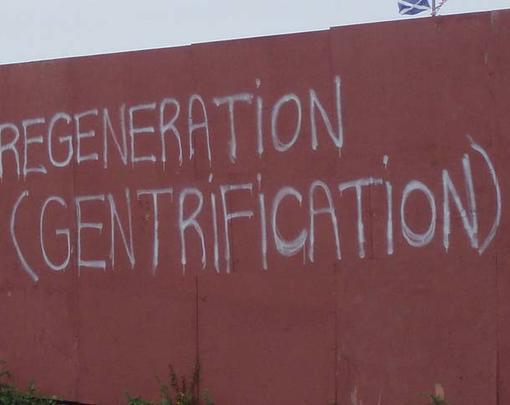The current consensus by scientists and public health experts is that the only way to end the coronavirus’ devastating effects on America’s citizens and its economy is to develop, produce at scale and widely distribute an effective vaccine against COVID-19 as quickly as possible.
There are, of course, myriad scientific challenges inherent to that imperative, among them the virus’ potential mutability, our lack of knowledge about whether antibodies provide protection against reinfection (and, if so, for how long), and the time it takes to discover an effective vaccine, test it, receive regulatory approval and begin commercial production.
But there is one more problem we’ve rarely had to consider: By pharmaceutical companies’ own estimates, no company has anywhere near the production capacity needed to meet the demand, once those effective vaccines (or treatments) have been found.
The number of vaccine producers has been dwindling for years, because vaccines do not offer the kinds of profits that pharmaceutical companies think they deserve. And, despite their very public proclamations of support for vaccine research at moments like these, companies often pull out of such efforts before a fully viable product can be produced because of a lack of market incentives.
For instance, a number of companies reported losing money on Ebola or SARS vaccine development programs. In recent years, GSK made, then later abandoned, its commitments to Ebola vaccine development; Sanofi did much the same with Zika; and Novartis got rid of its whole vaccine development unit in 2014.
There is, then, but one viable solution: We should nationalize what remains of the American vaccine industry now, thereby assuring that any coronavirus vaccines produced can be made as widely available and as inexpensive soon as possible.




